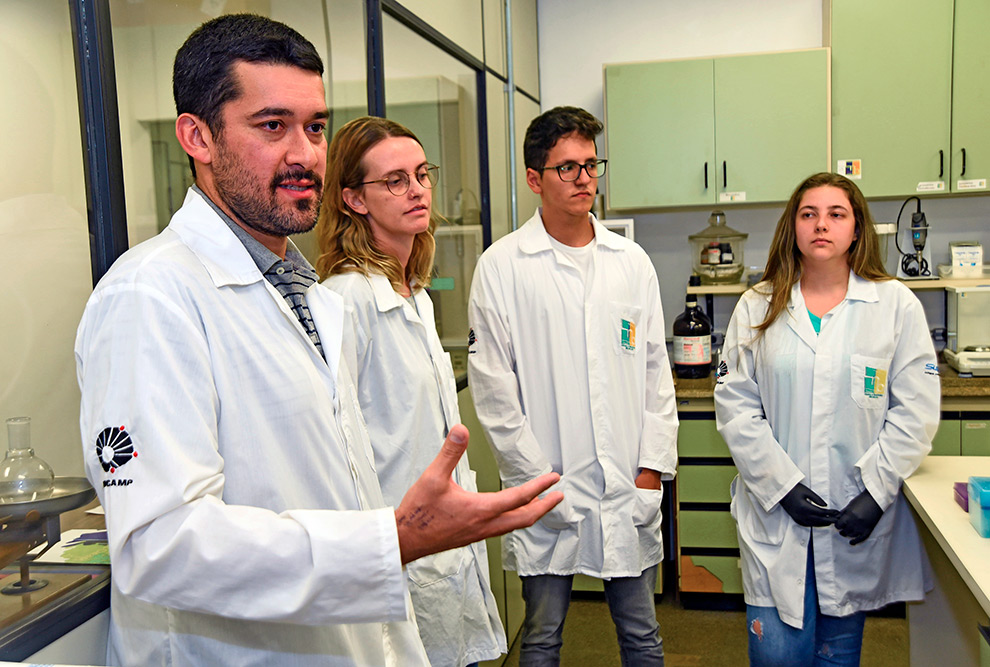In addition, Moraes-Vieira’s latest research looks into why obese people who aren’t diabetic can also have worse COVID-19 outcomes. They found that obesity, especially with high levels of saturated fats like palmitate, makes the body’s immune cells more reactive.
When these individuals get COVID-19, these cells start a strong inflammatory response that can be harmful, similar to a cytokine storm.
While both diabetic and obese patients exhibit severe COVID-19 outcomes linked to inflammation, the underlying mechanisms differ. Diabetes exacerbates viral replication through glucose metabolism, whereas obesity-induced inflammation is driven by saturated fatty acids.
This distinction underscores the complex metabolic pathways influencing COVID-19 severity across diverse patient profiles.

Furthermore, Moraes-Vieira’s team observed that the cytokine storm triggered by monocytes and macrophages in severe COVID-19 cases leads to lung epithelial cell death and compromises T lymphocyte-mediated adaptive immune responses.
Their experiments demonstrated that T cells exposed to infected monocyte-conditioned environments exhibit reduced functionality and premature immune exhaustion, marked by increased PD-1 expression.
These findings underscore the critical role of metabolic conditions beyond diabetes in COVID-19 pathogenesis, emphasizing obesity and its metabolic consequences as significant risk factors for severe disease outcomes.
Moraes-Vieira suggests that while these factors are not singular determinants of COVID-19 severity, understanding their roles provides crucial insights into the disease’s diverse clinical manifestations.
His ongoing research aims to further clarify these mechanisms, potentially informing targeted therapeutic strategies tailored to different metabolic profiles.